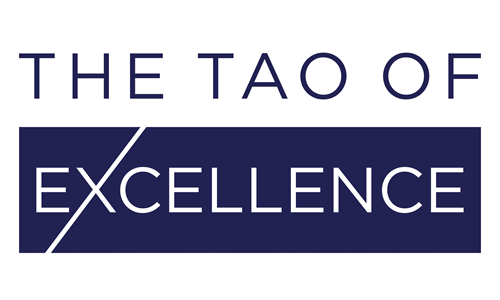The MDR 2017/745 has left many manufacturers wondering whether they have enough clinical data to certify their products in the EU. Whilst others have found that they will be required to produce clinical data for the first time, so where should they start? These regulatory changes are so wide and far reaching that it is difficult to see the wood from the trees, particularly the case for SMEs, which have smaller teams and more limited resources, and account for 95% of the medtech manufacturers in Europe.
So how should companies evaluate the new regulatory requirements and ensure they have enough of the right clinical data? We’ve outlined 2 strategic approaches that can be used to analyse the adequacy of clinical data for MDR certification.
Summary on Safety and Clinical Performance
In recent weeks the MDCG has published a guidance document (MDCG 2019-9) for manufacturers and notified bodies (NB): a summary on safety and clinical performance (SSCP) under the MDR. This summary provides a framework or strategic checklist to evaluate your clinical data.
The SSCP information is sourced entirely from the technical documentation (TD), covering verification/validation reports, the risk management report/file, the clinical evaluation report, and post-market surveillance (PMS) and post-market clinical follow-up (PMCF) plans and reports.
It is also a document that will be regularly reviewed and updated. kept up to date. When the PMCF or periodic safety update report (PSUR) is carried out (at least once a year) the SSCP will be updated and must also present “both favourable and unfavourable data” objectively. This is to establish a clear and accessible picture of a device’s safety, clinical data and performance.[1]
The SSCP will be validated by an NB and made available via the European database on medical devices (Eudamed) to both healthcare professionals and (if relevant) patients. For patients, this information will be particularly relevant for implantable devices and class III devices, which are intended to be used directly by patients.
The readability of the SSCP has therefore been defined as a regulatory requirement. It must be written clearly and with the user in mind, and as healthcare professionals and patients have different levels of knowledge, the SSCP will be additionally formatted in two parts to reflect that knowledge (as well as translated into the language of the Member States where it is intended to be sold).
Public databases
Public databases such as ClinicalTrials.gov (and from May 2020, Eudamed) give manufacturers the opportunity to evaluate and analyse the clinical data of medical devices on the market. Such sites enable manufacturers to use the information available to assess where their clinical data stands in comparison to similar devices on the market. That data can identify the gaps or areas in your clinical data that may need to be improved or expanded.
However, this route has a catch. Currently, this publicly available data can be messy. Manufacturers complete clinical trials in their own way, adapting and formatting structures to suit their use and terminology. For this reason, that data information can be difficult to retrieve and analyse accurately, making it important to ensure you have the right expertise onboard.
Once accessed and analysed, this information is very valuable. Public databases include a wealth of information that can give you the insight you need, including regulation and auditing data, tests, submissions and the technical dossier reviews for devices. These can all be used to evaluate your own data and streamline your strategic approach.
How we can help
Our longstanding expertise and experience in the process of medtech regulation has resulted in well-developed strategies that prioritise your team, timeframe and resources. Our team has also grown to include valuable expertise from data scientists, developers and analysts. Their specialist insight is channelled through ours, enabling us to access, evaluate and analyse the full potential of the clinical data available and build a clear picture of a product under the MDR that you can trust.
 Jasminka Roth
Jasminka Roth
Founder and Director of The Tao of Excellence
Phone
+41 52 685 51 65
Email
meetus@taoexcellence.ch
Did you like this article? Follow us on LinkedIn and Twitter! lang: en_US
[1] MDCG 2019-9, August 2019, p. 5

